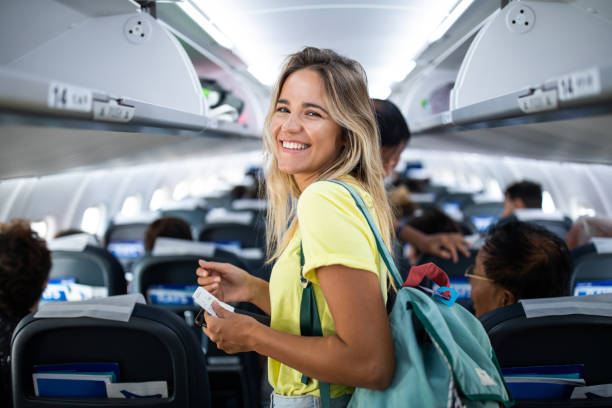
Traveling alone can be an incredibly rewarding experience. It allows for freedom, flexibility, and self-discovery. However, it also comes with its own set of risks. Therefore, it’s crucial to take precautions to ensure your safety while exploring the world on your own.
Firstly, research is key before embarking on a solo trip. Familiarize yourself with the local customs and traditions of your destination to avoid offending locals or getting into unnecessary trouble. Understanding the local laws will also help you navigate any legal issues that might arise during your journey.
Secondly, always keep someone informed about your whereabouts and plans. Whether it’s a family member or friend back home or even hotel staff at your current location – having someone know where you are going and when you plan to return can be invaluable if something goes wrong.
Another important aspect is staying connected. While traveling off the grid may seem appealing in theory, in practice it’s safer to have access to communication channels should an emergency occur. Carry a working phone with international roaming capabilities or buy a local SIM card upon arrival at your destination.
When it comes to accommodation choices as a solo traveler, opt for reputable establishments over cheaper alternatives that may not prioritize safety measures like secure locks or 24-hour security personnel on site. It might cost slightly more but peace of mind is priceless when traveling alone.
In addition, try blending in with the locals as much as possible by dressing appropriately according to their culture and norms which would make you less noticeable as a tourist thereby reducing chances of being targeted by thieves or scam artists.
Moreover, trust your instincts because they’re often right! If something feels off about a situation or person – whether that’s an overly friendly stranger offering unsolicited assistance or an empty street late at night – remove yourself immediately from that environment.
Furthermore, don’t flaunt wealth by wearing expensive jewelry or flashing large amounts of cash in public places; this could attract unwanted attention. Instead, use a money belt or hidden pouch to carry your cash and cards discreetly.
Lastly, don’t forget about travel insurance as it can cover medical emergencies, trip cancellations, lost luggage among other unforeseen circumstances. Make sure you understand the terms of your policy and have emergency contact numbers for your insurance provider handy.
In conclusion, while there are risks associated with solo traveling, they shouldn’t deter you from experiencing the adventure that awaits. By taking appropriate precautions and staying vigilant at all times, you can ensure your safety without compromising on the thrill of exploring new places on your own. After all, solo travel is not just about seeing new places but also about embracing independence and learning to trust yourself in unfamiliar situations.


